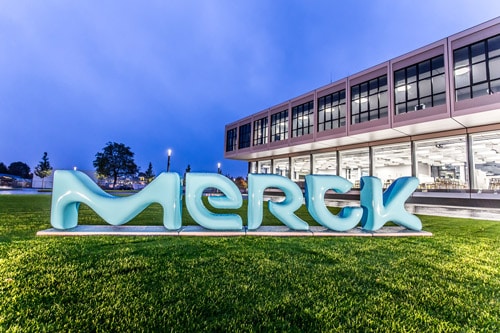
Researchers at Merck KGaA will join forces with scientists at Cancer Research UK for an early-stage drug discovery alliance that expands on earlier projects between the two groups.
The cancer drug-hunting deal is still being kept mostly under wraps, but the partners say they will focus on three research projects in the areas of hit discovery through to preclinical candidate selection, as well as working on biomarkers that could be used to select patients for future clinical trials.
Merck will have global clinical development and commercial rights to any candidates that look promising enough to take forward, with CRUK and the ICR in line for milestone payments if development goes well, and potentially royalties on sales if any of the candidates reaches the market.
It’s not the first time that Merck and CRUK have collaborated, but is a step up from prior, piecemeal projects between the company and CRUK’s Institute of Cancer Research (ICR) that extend back over many years.
Last year for example, the two organisations started work on a project focused on cancer drugs targeting the Hippo pathway and also collaborated on the formation of immuno-oncology company iOnctura with Merck contributing two drug candidates and CRUK donating three.
They have also been working since 2010 on an anti-CD19 monoclonal antibody – DI-B4 – for B-cell lymphomas, which started a phase I trial in 2013 that was due to complete last month, according to the clinicaltrials.gov database. The project is not however listed in Merck’s latest pipeline update.
The new arrangement comes at a time when Merck is pressing the accelerator on cancer research, and particularly cancer immunotherapy, whilst exiting other areas such as biosimilars.
Its pipeline is currently spearheaded by PD-L1 inhibitor Bavencio (avelumab), partnered with Pfizer, and comes after a lean few years at the German company with few product launches and some notable pipeline failures, including evofosfamide for advanced soft tissue sarcoma and pancreatic cancer.
The director of CRUK’s Cancer Therapeutics Unit at the Institute – Prof Raj Chopra – said: “we hope that through the diverse projects in this collaboration, we can identify molecules that are effective against a number of different tumour types.”




